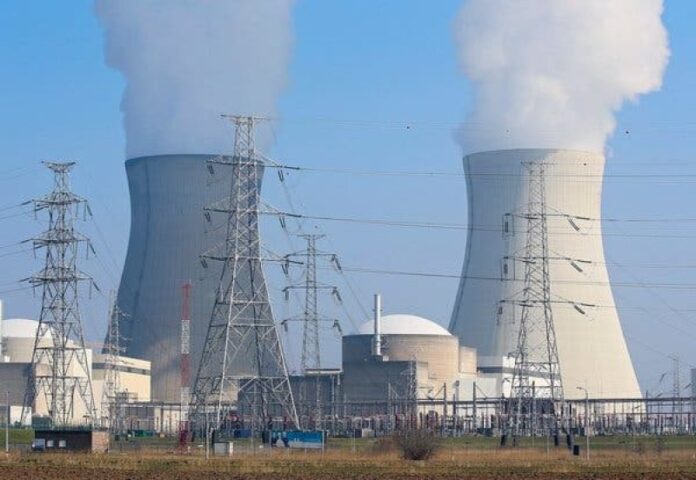Ghana’s quest to build the first one gigawatt nuclear plant by 2030 as a baseload is the surest solution to the country’s energy poverty, Dr Seth Debrah, the Director of Nuclear Power Institute, has said.
He stated that the high cost of electricity had hindered the country’s industrialization, and that nuclear power provided a reliable, inexpensive, and stable supply of energy. This was stated by Dr. Debrah during a current energy training in Accra for chosen media professionals.
The event, which was organized by Nuclear Power Ghana (NPG) in partnership with the Ghana Journalists Association as part of an underpinning agreement between the two groups, aims to increase journalists’ understanding of the nuclear business.
- ECG does not intentionally cutt power supply when it’s raining
- Suka Power schools NABCO trainees on renewable energy
- Dr Debrah said the cost of energy played an important role in industrialisation and that the economies of many developed countries, including Germany, China, the United States of America, United Kingdom and France, flourished as a result of access to stable and affordable power.
The country, he noted, was endowed with natural resources, which when processed into finished products using cheap electricity from nuclear, would earn the nation more revenue than now, where resources were exported in raw states.
According to the Director, the construction of the nuclear plant through its operations would spur evolution, saying, “the construction of a 1000 megawatt plant will employ between 3000 to 4000 workers, and 700 to 1,000 professionals are required to operate the plant”.
Talking about some considerations on vendor selection, Dr Debrah, said key issues would include the financials, positive industrialisation impact, technology transfer, risk mitigation, quality and none power application.
He urged players in the energy sector to position themselves to tap into the opportunities offered by nuclear energy and contribute to national development.
Dr Debrah said the country’s macroeconomic environment and energy demands required collaboration between industries and major stakeholders to capitalise on such opportunities.
Mr Jonathan Amoako-Baah, the former Chief Executive Officer of the Ghana Grid Company Limited, said economic indicators, which helped in guiding investor decisions, had a symbiotic relationship with the power supply industry, therefore, there was the need to highlight it (energy mix) in national planning.
“Positioning ourselves necessitates careful generation planning as thermal sources continue to outnumber hydro sources. A strong baseload must, therefore, be assigned, and as a result, the incorporation of a nuclear power plant into the country’s energy mix has become necessary,” he said.
Ms Bellona-Gerard Vittor-Quao, Manager, Public Affairs, NPG, said accurate and reliable communication on sensitive issues such as Nuclear Science and Technology was essential, and underscored the need for journalists to specialise in energy reporting. She stated the Organisation’s commitment to equipping the media with requisite skills to manage information on the sector effectively.
“Nuclear Power is promising and its benefits to the country are enormous, therefore, together, we ought to ensure that the objectives of this project are secured,” she said.

